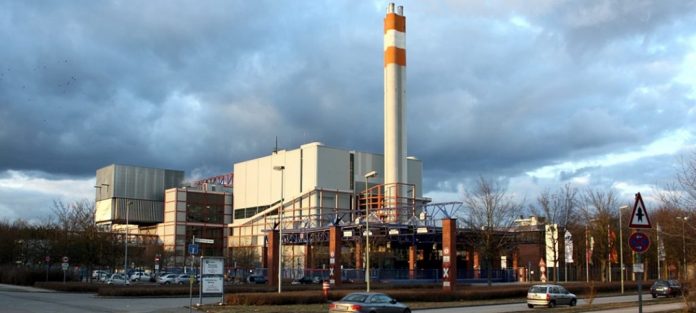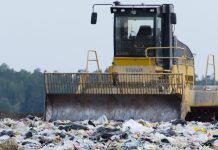156 civil society organisations have issued a joint letter to President Ursula von der Leyen, EU Commissioners, and national ministers calling for an immediate moratorium on approving and building new waste incineration facilities across the European Union (EU).
Led by the Zero Waste Europe (ZWE) network, this coalition is calling for: an EU-wide moratorium on new waste incinerators (R1 and D10); phase-down strategies for existing incineration capacity; increased investment in circular economy infrastructure, such as reuse systems, composting, and recycling technologies.
The signatories warn that the EU already faces a significant overcapacity crisis in waste incineration, with existing facilities capable of handling at least 60 million tonnes of municipal waste. Expanding incineration will undermine the EU’s waste hierarchy and circular economy objectives as it locks Member States into a high-emission, linear waste management model.
The letter also reminds politicians that incineration is increasingly recognised as a climate liability. Recent studies highlight the high carbon intensity of incineration, which often exceeds that of fossil-based energy sources due to the significant amount of plastic in residual waste. Building new incinerators today would commit Europe to decades of unnecessary greenhouse gas emissions, directly conflicting with the EU Green Deal and climate neutrality goals.
The letter was sent as part of today’s wider Day of Action Against Incineration of the Better than Burning campaign, which includes a Manifesto and social media testimonials from Zero Waste Europe network on the harmful impact of waste incineration in their countries.
Communities living near existing incinerators have been vocal about the health impacts of toxic emissions, including persistent pollutants such as dioxins, PFAS, and heavy metals. These pollutants are linked to cancer, immune dysfunction, and developmental harm.
Janek Vähk, Zero Pollution Policy Manager at ZWE said: “A moratorium is a necessary first step to protect public health, cut emissions, and enable a just transition to a zero waste, circular economy. Given the average life of incinerators, around 5% of capacity may already be decommissioned or retired each year, which is a realistic pathway to gradually reduce Europe’s reliance on this polluting technology.”
The Zero Waste Europe network also urges EU candidate countries to oppose the EU’s outdated incineration model. “Future Member States should be encouraged to invest directly in circular economy infrastructure rather than waste-to-energy systems that are increasingly incompatible with EU climate and waste policies”, said Vanja Cicmil, Executive Director of Zero Waste Montenegro.
Dorota Napierska, Toxic-free Circular Economy Policy Officer at ZWE, added: “Regardless of how modern it is and what it burns, waste incinerators always produce and release harmful chemicals for the environment and communities. Some of these chemicals are considered „the worst of the worst“, and despite industry assurances, they are scientifically proven to be dangerous. A moratorium is essential to stop this vicious cycle.”
Source: Zero Waste Europe




